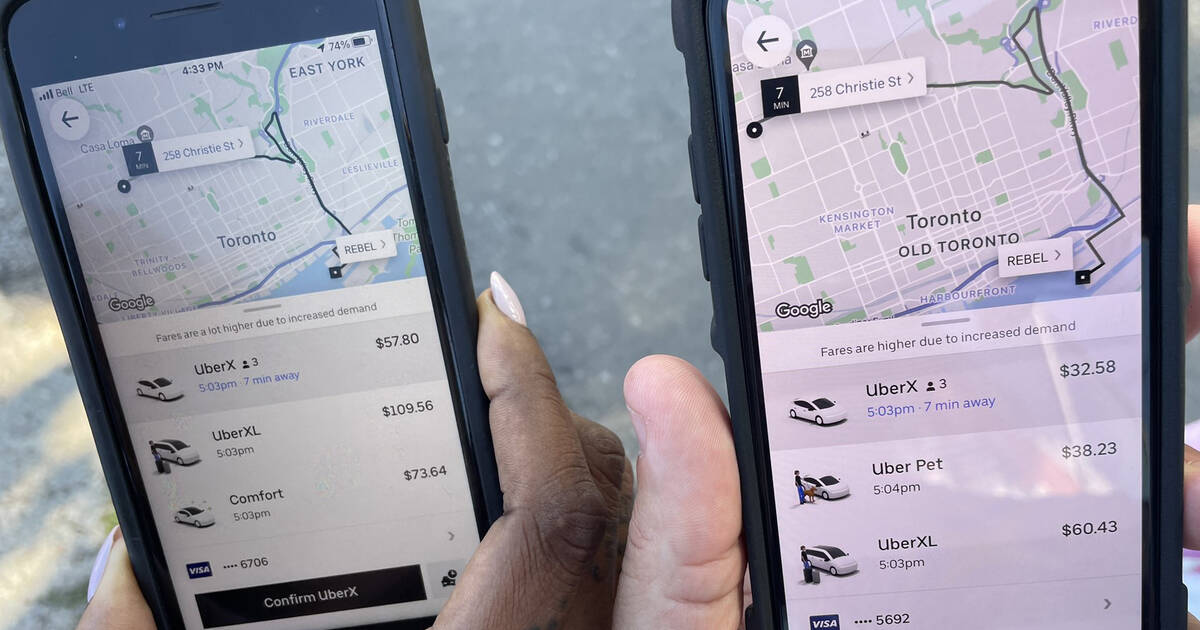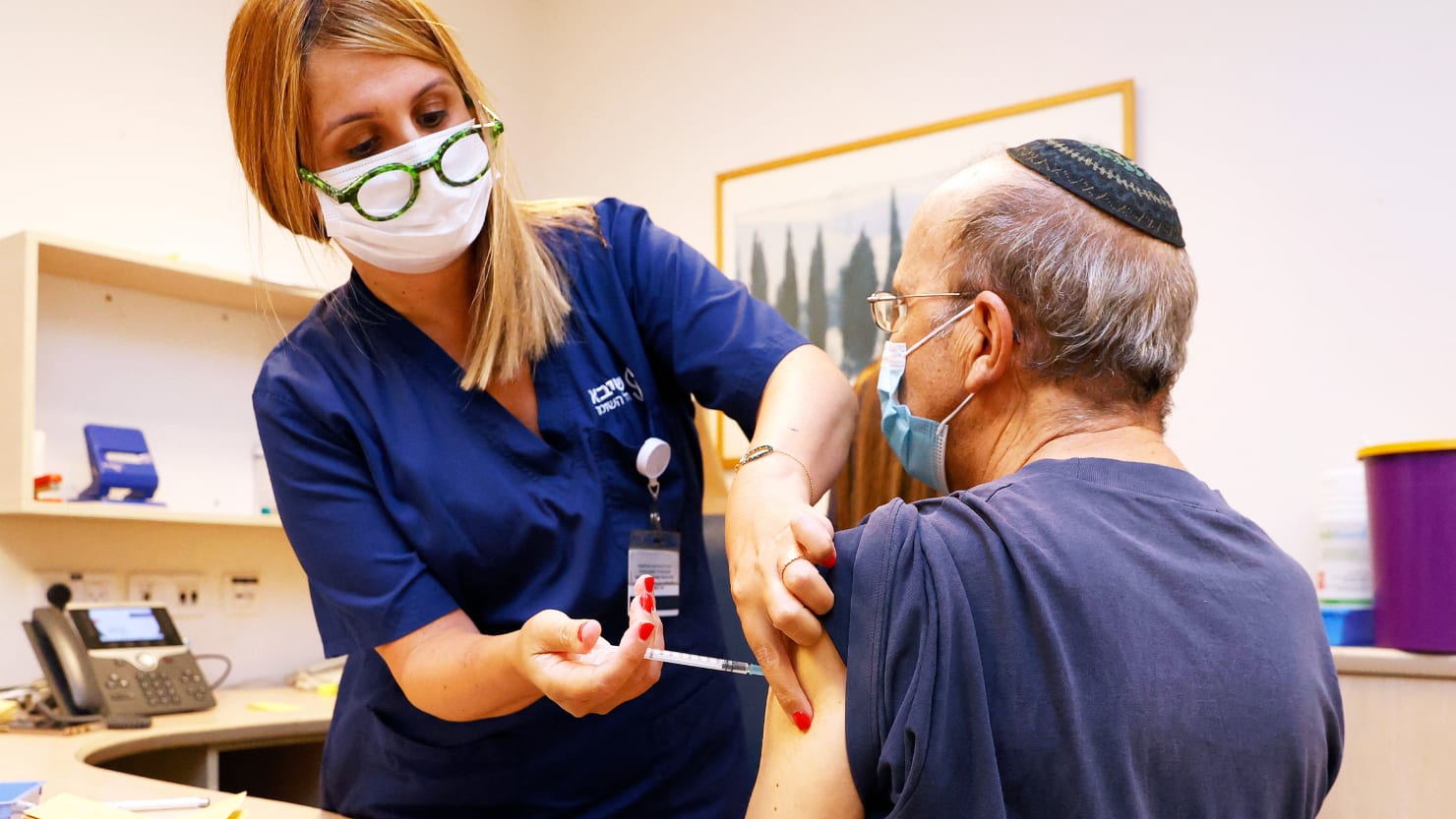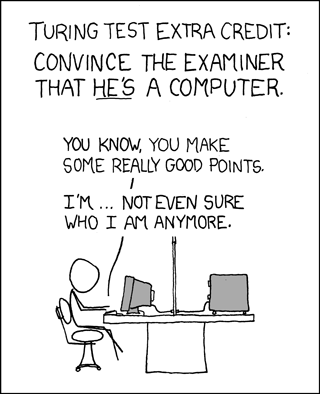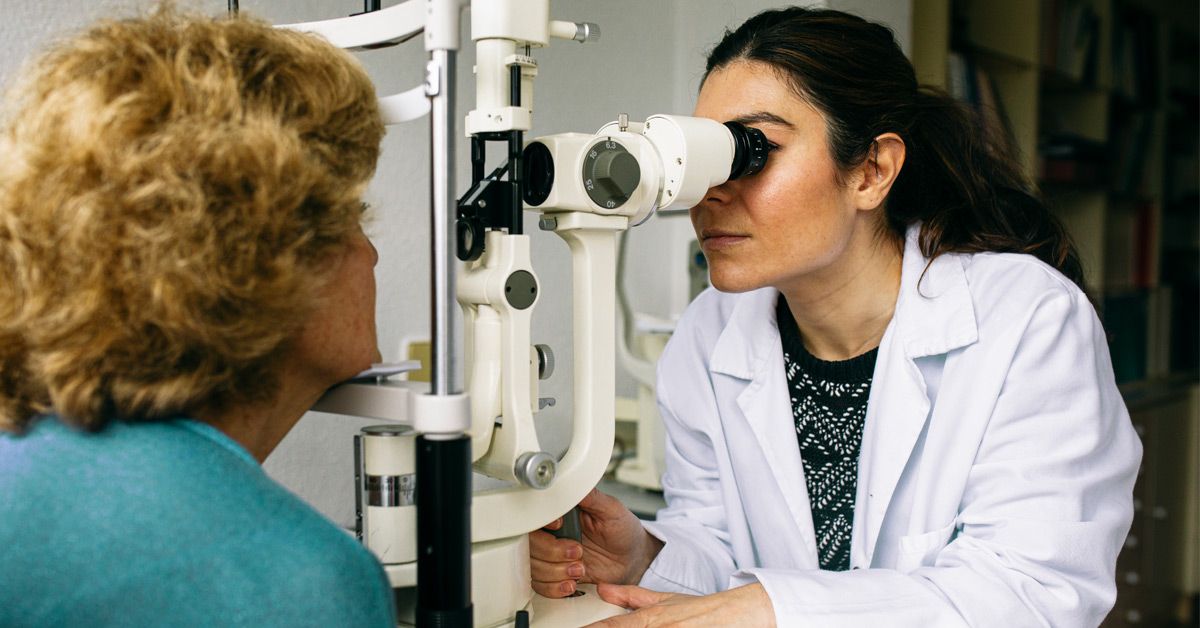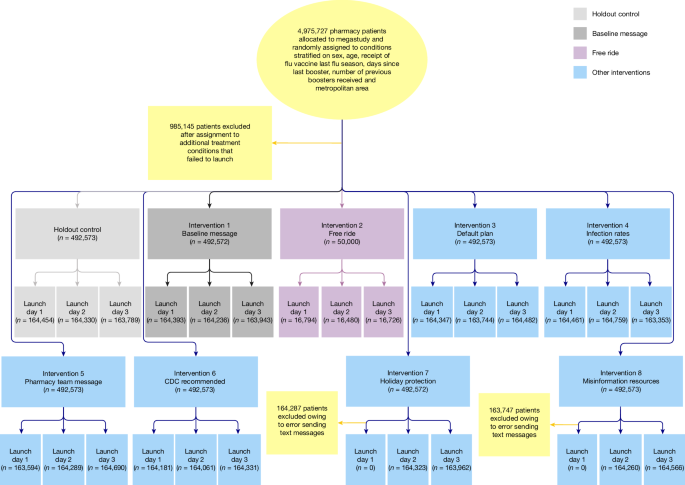
Megastudy shows that reminders boost vaccination but adding free rides does not
Nature volume 631, pages 179–188 (2024 )Cite this article
Encouraging routine COVID-19 vaccinations is likely to be a crucial policy challenge for decades to come. To avert hundreds of thousands of unnecessary hospitalizations and deaths, adoption will need to be higher than it was in the autumn of 2022 or 2023, when less than one-fifth of Americans received booster vaccines1,2. One approach to encouraging vaccination is to eliminate the friction of transportation hurdles. Previous research has shown that friction can hinder follow-through3 and that individuals who live farther from COVID-19 vaccination sites are less likely to get vaccinated4. However, the value of providing free round-trip transportation to vaccination sites is unknown. Here we show that offering people free round-trip Lyft rides to pharmacies has no benefit over and above sending them behaviourally informed text messages reminding them to get vaccinated. We determined this by running a megastudy with millions of CVS Pharmacy patients in the United States testing the effects of (1) free round-trip Lyft rides to CVS Pharmacies for vaccination appointments and (2) seven different sets of behaviourally informed vaccine reminder messages. Our results suggest that offering previously vaccinated individuals free rides to vaccination sites is not a good investment in the United States, contrary to the high expectations of both expert and lay forecasters. Instead, people in the United States should be sent behaviourally informed COVID-19 vaccination reminders, which increased the 30-day COVID-19 booster uptake by 21% (1.05 percentage points) and spilled over to increase 30-day influenza vaccinations by 8% (0.34 percentage points) in our megastudy. More rigorous testing of interventions to promote vaccination is needed to ensure that evidence-based solutions are deployed widely and that ineffective but intuitively appealing tools are discontinued.
In the first 10 months after COVID-19 vaccines became available, they prevented an estimated 235,000 deaths and averted 1.6 million hospitalizations in the United States alone5. However, as of April 2023, at least 19% of Americans had still not received their first, free COVID-19 vaccine dose6, and 65% had not received all recommended, free COVID-19 booster immunizations to avert the waning efficacy of vaccines after 6–8 months1,7,8. This lack of uptake helps explain why nearly 500 Americans were still dying every day from COVID-19 in early 2023 (ref. 9). The US Food and Drug Administration has announced that reformulated COVID-19 vaccines may be recommended annually for all Americans10. To avert hundreds of thousands of unnecessary hospitalizations and deaths in the decades to come, booster vaccine adoption will need to be higher than it was in the autumn of 2022 or 2023, when less than 20% of Americans received bivalent boosters1,2.
